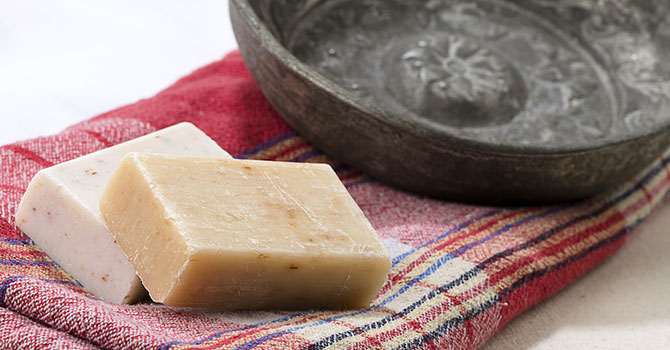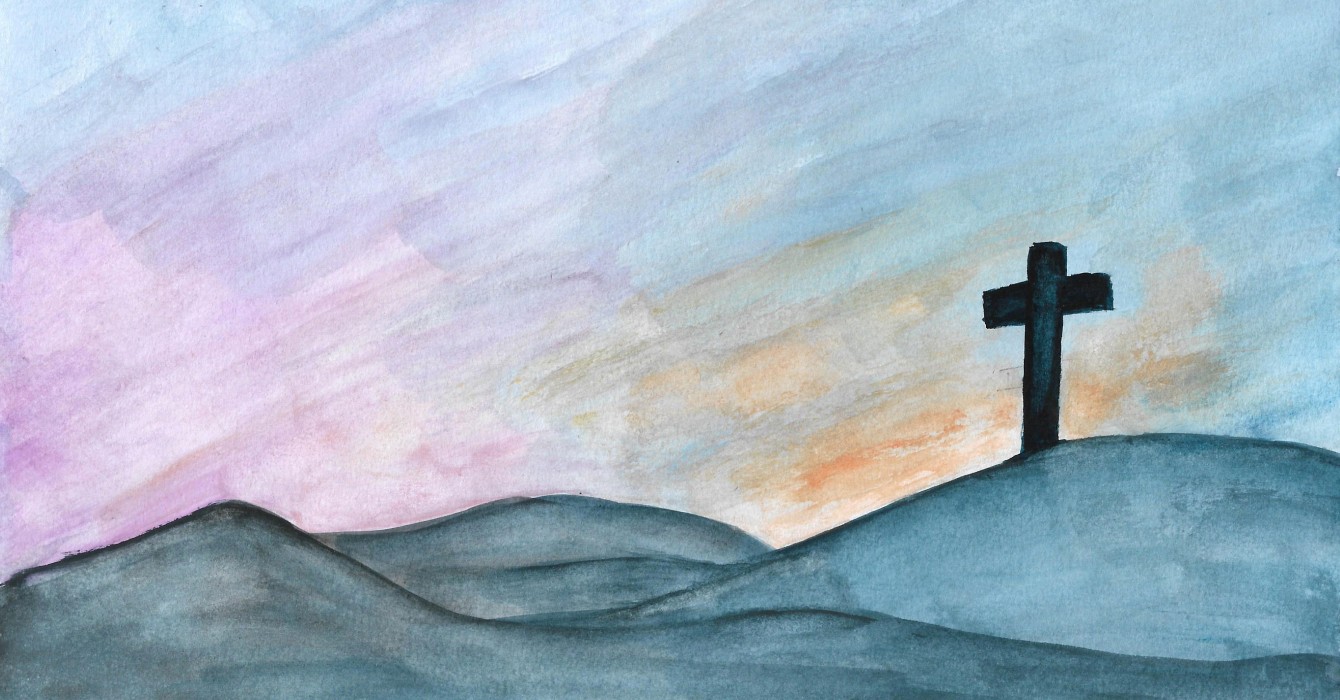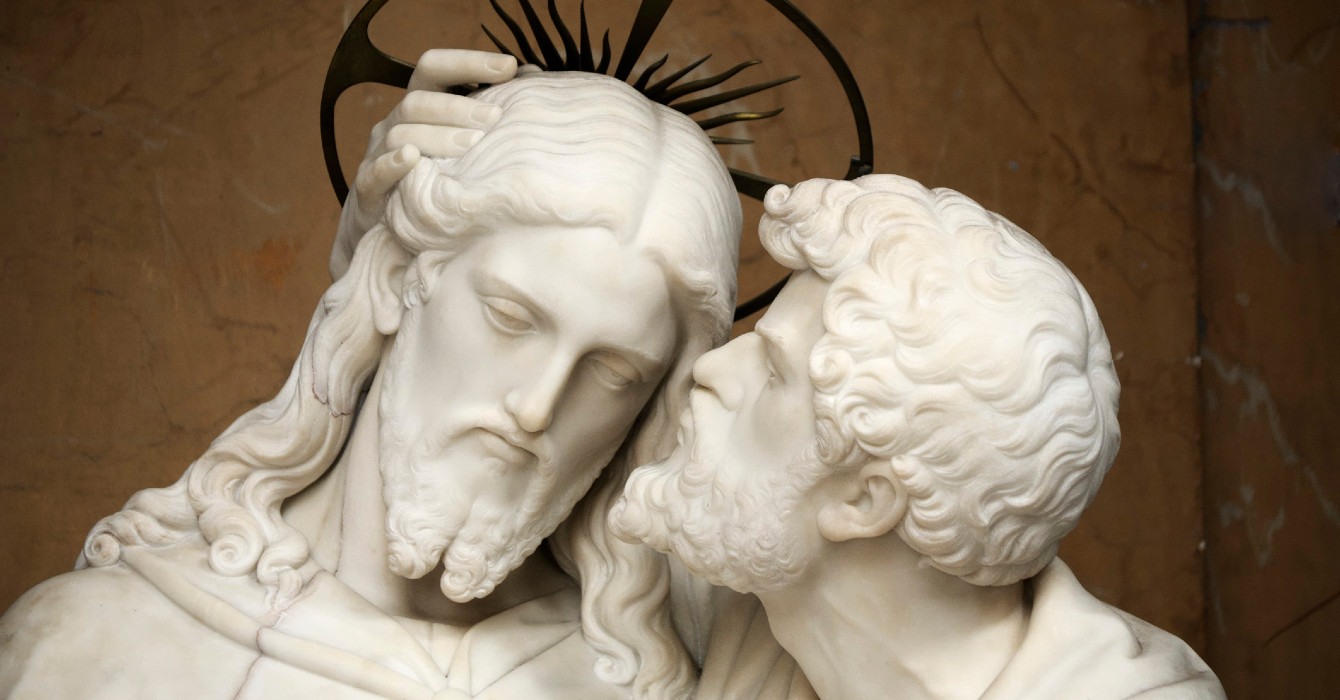I had been in Istanbul only a few hours, but I was already eager to experience a “hamam,” the centuries-old tradition known elsewhere as a Turkish bath, and made it one of my first stops. When I emerged from the changing room, however, a surprise awaited. The bath attendant, as it turned out, was a man.
I had assumed that in a Muslim country, even one that is officially secular, hamam attendants would be of the same gender as their clients. But if I had read my guidebook more closely, I would have known better. As I discovered, attendants are traditionally male, except in the city’s few women’s hamams. But I did remember that I would be wrapped from chest to midthigh in a light woven cloth, called a “peshtamal,” throughout the bath. By Turkish standards, it wasn’t scandalous to place myself in this man’s hands.
So I did. After I lay down on a stone bench, covered in my peshtamal, the attendant poured bucket after bucket of warm and then hot water over me and rubbed my arms, legs and undraped back with an exfoliating mitt (called a “kese”) made of goats’ hair. Then he poured warm, herbal-scented liquid soap onto my skin and rinsed it off, deep-cleaning the pores the hot water and the kese had opened and sending clouds of bubbles into the air. After more buckets of warm water, the bath ended with a final, bracing and mercifully unannounced cold rinse.
After 45 minutes of such deep relaxation, I could barely sit up, let alone stand. I was grateful for the attendant’s respectful gentleness as he offered his arm to help me step into rubber flip-flops and a robe for the short walk across the now-slippery stone floor.
Back in my room, I reflected on the thoughts and images that had floated through my mind as the water and soap had splashed and flowed across me. I remembered the years, long before seminary, when I worked as a massage therapist, with clients who entrusted their bodies to my care -- female and male, young and old, all shapes and sizes. I visualized -- and heard splashing again in my mind -- the water I more recently poured over candidates for baptism, glistening on their heads as they stood up from the font to be dried off, anointed with chrism and welcomed as the newest members of Christ’s body.
And I thought of Jesus washing his disciples’ feet on the night he was arrested. After supper, he stripped down to his undergarments, tied a towel around his waist and knelt down to do a task normally reserved for servants.
It was a scandalous scene, and Peter reacted appropriately: “You will never wash my feet.”
But Jesus set him straight -- “Unless I wash you, you have no share with me” -- and went on to instruct the gathered disciples: “I have set you an example, that you also should do as I have done to you” (John 13:8, 15 NRSV).
Most Christians have abandoned the regular practice of footwashing. If we do it at all, it’s once a year, on Maundy Thursday. Even then, in my own Episcopal Church, many parishes set strict limits on the ritual. Some ask only members of the vestry (the lay governing board) to come forward to have their feet washed by the clergy. Others practice a symbolic washing of only one foot of each person who comes forward. The other foot remains securely clad in sock and shoe, leaving the person to hobble away awkwardly after the washing.
We have many reasons for setting these limits. As a practical matter, footwashing takes time, and we worry that parishioners won’t attend liturgies that last “too long.” And theologically, we say that Jesus really just wants us to love and serve each other as he loved and served his disciples. These days, we have better ways to do that than washing each other’s feet -- from serving on the parish board to mowing the church lawn to tutoring neighborhood children.
But I suspect we have another reason, one that’s rarely discussed. Footwashing makes us feel vulnerable -- almost as vulnerable as I felt, wrapped in my peshtamal, when I realized a man would be bathing me. We worry that our feet are ugly, that they smell, that the person washing them will judge our jagged nails, rough skin, fungus or warts. Many of us prepare for Maundy Thursday by getting a pedicure, a reflexive act of self-protection.
But maybe vulnerability is the point. As Jesus’ life, death and resurrection show, vulnerability is the paradoxical source of Christians’ strength. When he knelt to wash his disciples’ feet, Jesus knew that one of them was about to betray him. And he knew that the threat of torture and execution would hang over his disciples, too, when they refused to abandon the way of life he had taught them. Jesus’ companions would have the courage to stay strong in the face of those threats only if they knew they could count on each other in specific, material ways. Ways that required them -- and require us -- to get close.
Staying with a friend’s elderly parents when she works night shifts to support them. Taking care of each other’s children -- bathing, feeding and changing them -- when a parent is in the hospital, or perhaps even in jail after answering a call to Christian witness. Giving up some of our own resources -- enough to feel a pinch -- so that others have what they need.
Or perhaps most difficult of all, putting aside our pride to accept gifts from others when we’re the ones who need help. That’s a scandalous act in a culture that idolizes self-reliance, but it was routine for Jesus, whose ministry depended on the hospitality of friends and strangers alike.
It may not be a coincidence that the churches that strive most consciously to embody mutual interdependence, and to follow nonviolently -- vulnerably -- in Jesus’ footsteps, are Anabaptist groups that practice footwashing. Like all faithful liturgy, Anabaptist footwashing models the behavior Christ asks of us outside the sanctuary. It reminds us of where we fall short and assures us that he will always equip us to answer his call.
It’s fitting for believers to wash each other’s feet on Maundy Thursday, and not only because we remember the Last Supper that night. It’s fitting also because Good Friday still happens; the gospel is still put on trial. If Jesus’ friends are not to betray and deny him yet again, we need to know that we can rely on each other to stand together in the name of his love and not scatter and flee.
A ritual footwashing can be a sign of our desire to be vulnerably present to our sisters and brothers in Christ’s name. Once we have done that, what will be our next steps?









